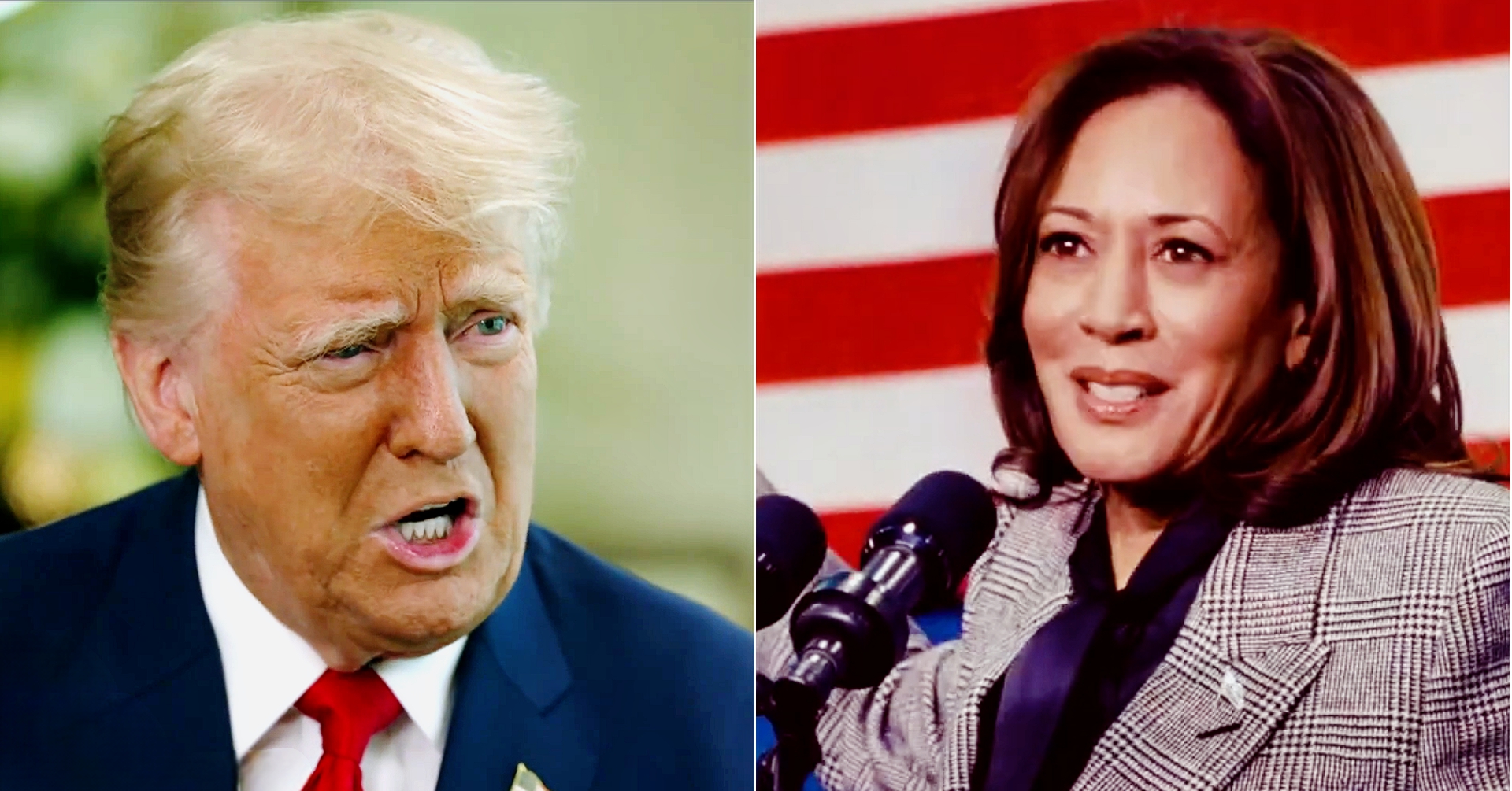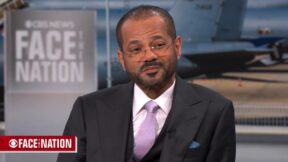POLL: Harris Leads Trump Nationally But Failed to Secure Post-Convention Bump: ‘Unchanged from Before the DNC’

Vice President Kamala Harris holds a slight edge nationally over former President Donald Trump but failed to receive a boost in popularity after the Democratic National Convention, a new poll found.
A survey released Sunday that was conducted by ABC News/Ipsos found Harris leading the former president 50 percent to 46 percent among registered voters nationwide. The Harris edge widened among likely voters 52 percent to 46 percent.
However, the pollsters found that while Harris has an advantage nationally, she did not benefit from her party’s four-day convention in Chicago. The poll also found former independent presidential candidate Robert F. Kennedy Jr. endorsing Trump was insignificant. The poll noted:
New ABC News/Ipsos polling conducted after the Democratic National Convention finds Vice President Kamala Harris has a slight lead over former President Donald Trump among Americans who plan to vote in November’s election, statistically unchanged from earlier in August. Robert F. Kennedy Jr.’s departure from the race and endorsement of Trump makes no difference to most Americans. On the topic of campaigns, a majority feel Harris is running her campaign well, while fewer feel the same about Trump. However, Americans continue to trust Trump more than Harris on the economy, inflation, and immigration. Yet, Americans still feel Harris, rather than Trump, is more qualified and physically and mentally fit to serve in office.
The poll also found that 43 percent of voters expect Harris to win this next week’s debate against Trump while 37 percent expected Trump to walk away victorious.
Another 18 percent said they expected a tie or no winner at all.
ABC News/Ipsos said of the survey’s methodology:
This ABC News/Ipsos poll was conducted August 23 to 27, 2024, by Ipsos using the probability-based KnowledgePanel®. Invitations were sent to 4,335 panelists, resulting in 2,496 completed interviews. In quality control, 47 respondents were removed for skipping half or more of the questions or completing the survey in the fastest 1 percent times.
[…]
The margin of sampling error is plus or minus 2.1 percentage points at the 95% confidence level, for results based on the entire sample of adults. The margin of sampling error takes into account the design effect, which was 1.13. The margin of sampling error is higher and varies for results based on sub-samples. Sampling error is only one potential source of error. There may be other unmeasured non-sampling error in this or any poll. In our reporting of the findings, percentage points are rounded off to the nearest whole number.
New: The Mediaite One-Sheet "Newsletter of Newsletters"
Your daily summary and analysis of what the many, many media newsletters are saying and reporting. Subscribe now!






Comments
↓ Scroll down for comments ↓